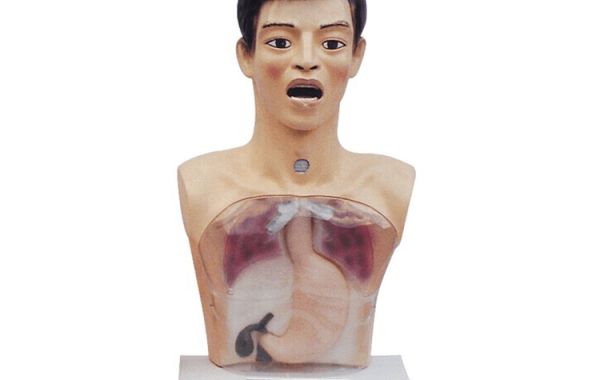When selecting a clinical training manikin, several factors should be considered to ensure it meets the specific training needs of the institution:
- Level of Fidelity:The level of realism and detail required in the manikin will depend on the specific training objectives. High-fidelity manikins can simulate complex physiological responses, while low-fidelity manikins are suitable for basic skills training.
- Durability and Maintenance:A durable manikin can withstand frequent use and abuse, reducing the need for frequent repairs and replacements. Easy-to-maintain manikins can save time and resources.
- Cost:The cost of a manikin can vary widely depending on its features and capabilities. It's important to balance the cost with the benefits and the specific training needs.
- Compatibility with Simulation Equipment:If the manikin will be used in a simulation center, it's essential to ensure compatibility with other simulation equipment, such as patient monitors, ventilators, and infusion pumps.
- Manufacturer's Reputation:Choosing a reputable manufacturer can ensure the quality and reliability of the manikin. A reputable manufacturer will also provide excellent customer support and technical assistance.
- Training Objectives:The specific training objectives should be considered when selecting a manikin. A manikin that can meet the specific needs of the training program will be more effective.
By carefully considering these factors, healthcare institutions can select the best clinical training manikins to enhance the quality of their education and training programs.







